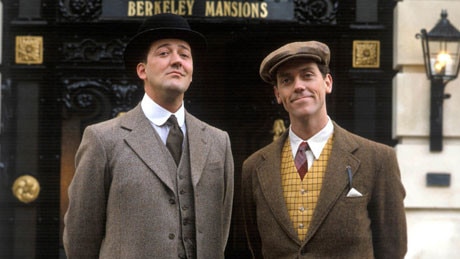
About four decades ago, in the pages of that publication, the writer Alan Watkins offered an amusing portrait of the young fogey in his natural habitat, describing him thus: “He is a scholar of Evelyn Waugh. He tends to be coolly religious, either RC or C of E. He dislikes modern architecture. He makes a great fuss about the old prayer book, grammar, syntax and punctuation … He enjoys walking and travelling by train. He thinks the Times is not what it was and prefers the Daily Telegraph.”
The politics of the young fogey weren’t terribly important: he was inclined to be more libertarian than liberal. He was no admirer of Mrs Thatcher’s brand of conservatism, despite assumptions to the contrary. He was excessively pedantic about port and cheese and was the kind of connoisseur who could tell, within the opening bars, whether he was listening to the Klemperer or von Karajan version of Brahms 4.
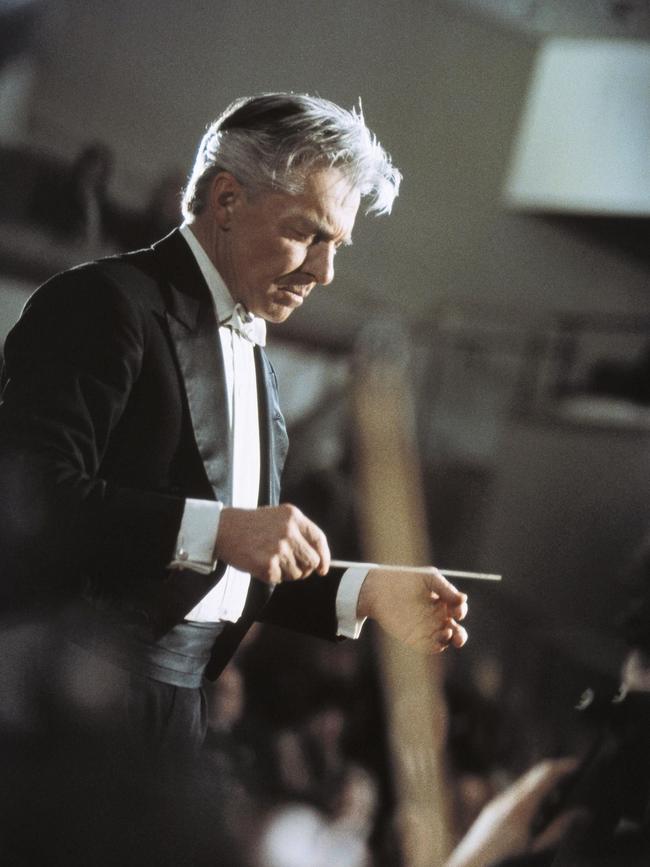
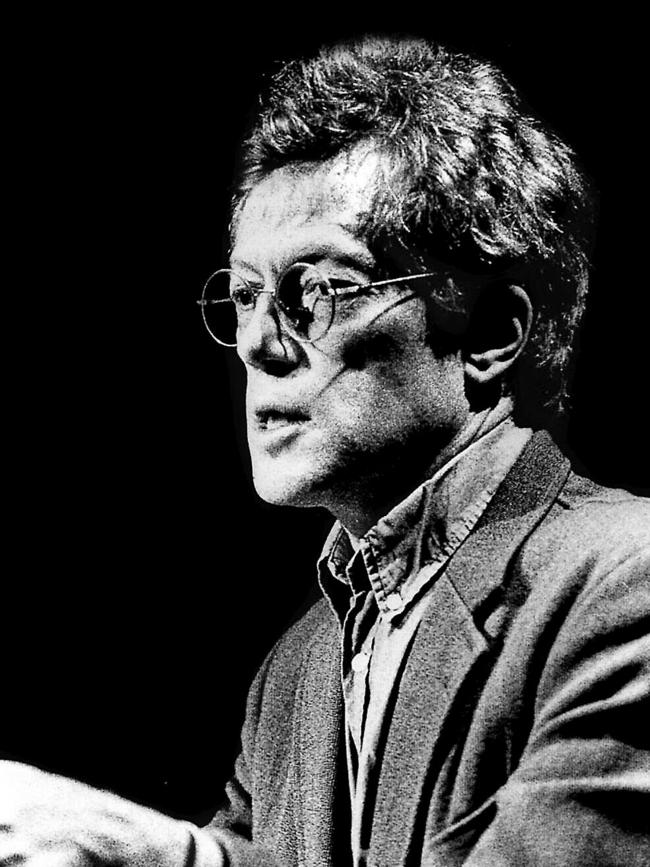
The pillars of young fogeydom were, in other words, founded on aesthetic principles; at heart, the young fogey was a traditionalist, holding out against the ineluctable tide of modernity. But does he still exist?
It’s now a well documented phenomenon that young men today are drifting towards the political right in increasing numbers. Witness the rise of the new right and its expanding online ecosystem, especially in the US. Its adherents, as The Speccy points out, run prominent accounts on X that exalt the wisdom of their tribal leaders, past and present, such as Roger Scruton, Jordan Peterson and Peter Thiel. Disillusioned by modern life, they abhor wokeism in all its manifestations and see themselves as outsiders.
This new tribe has recently been christened the trad lads, and they share much in common with their young fogey antecedents. Both types are infused with a bilious sense of nostalgia and prefer the company of men, though they reject the angst of the modern “manosphere”; both are prone to ex cathedra pronouncements about the imminent fall of the West. They enjoy populating their flats with house plants, antique furniture and prints of Hogarth and Gillray. Buying stationery is a serious business.
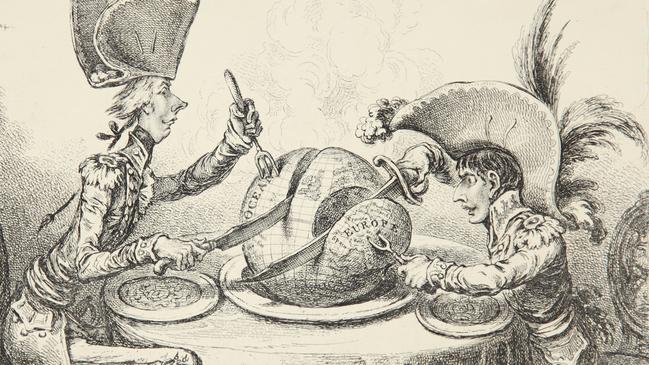
Like his young fogey relation, the trad lad rather likes Christianity and thinks the new atheists, whom he previously worshipped, were wrong about the role of organised religion in society. (This is made a little easier because his hero, Christopher Hitchens, is now dead). He can’t abide Pentecostalism, which he regards as a bridge too far, overrun by tambourine-bashing evangelicals with no sense of life’s inner tragedy.
The trad lad is deeply opinionated, but knows the zeitgeist is against him, so he generally keeps quiet unless he’s among other trads. Despite his revulsion of social media, he spends hours scrolling on X, where he can find like-minded trads. He doesn’t troll or abuse; he happily watches lengthy YouTube videos for hours on end.
While the young fogeys’ bookshelves are lined with Wodehouse and Waugh, the trad lad’s is filled with Michel Houellebecq and Martin Amis. He was an early devotee of the Rest is History podcast before it became big.
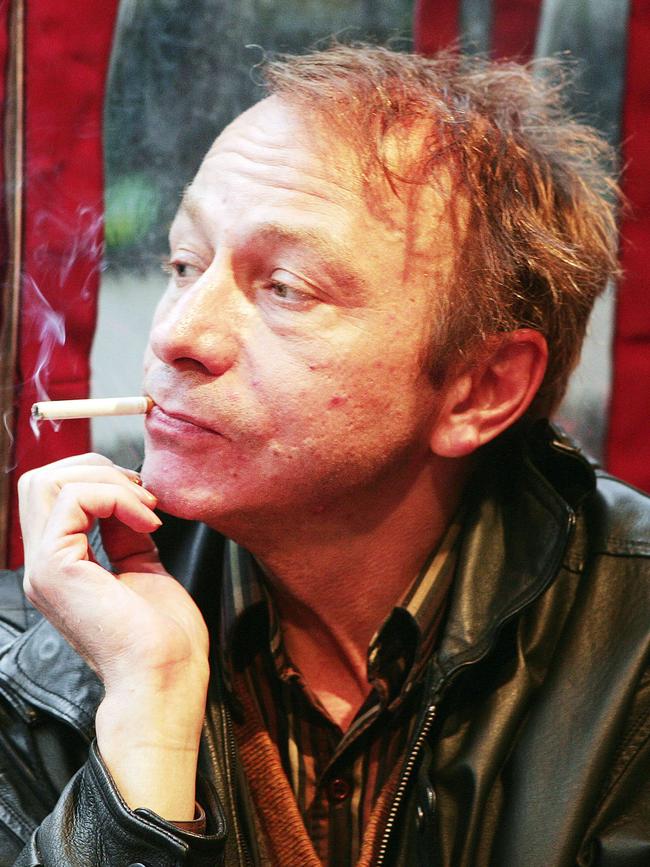

The Australian trad lad shares much in common with his British and American relations, though with distinct variations. For starters, he is a quiet patriot. He is no monarchist, but harbours deep misgivings about the workings of an Australian republic. He cast a vote for Kevin 07, yet now recognises that as a mistake. He exists across a broad political spectrum, from Labor right to conservative. He thinks welcomes to country are vastly overdone and considers most of his generation cloying and frivolous. He despises vapers and secretly resents having to give up the darts.
Sartorially, he’s less flamboyant than his fellow British and American trads. He reached his Gazman phase in his late 20s/early 30s and refuses to wear jeans. Instead he wears sports jackets most days and has a complicated relationship with RM Williams boots.

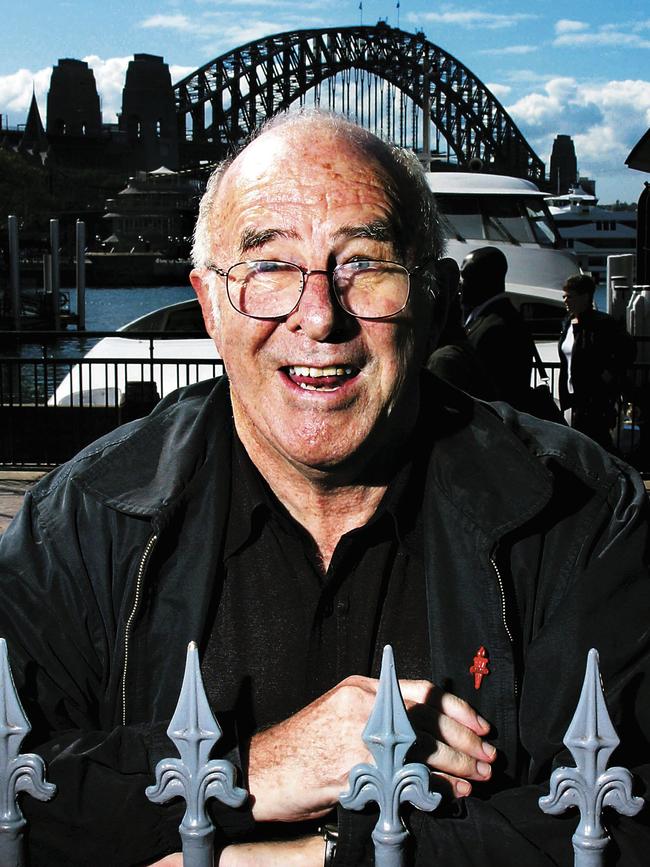
Where will you find the Australian trad lad? He’ll be a member of the MCC or SCG, naturally, or at least aspires to be; he quite likes the idea of joining a male-only club if he hasn’t already. At home, he’s got stacks of Penguin paperback classics and idolises Clive James and Robert Hughes. He has a few Patrick White novels lying around somewhere, too.
All told, it’s tempting to dismiss the young fogeys and trad lads of this world as a bunch of tweed-clad dyspeptics pining for a lost age. But in the era of Trump Mark II, where nostalgia and golden age thinking have become dominant cultural forces, you do so at your peril. Quietly and with little fuss, the trad lads are on the march.





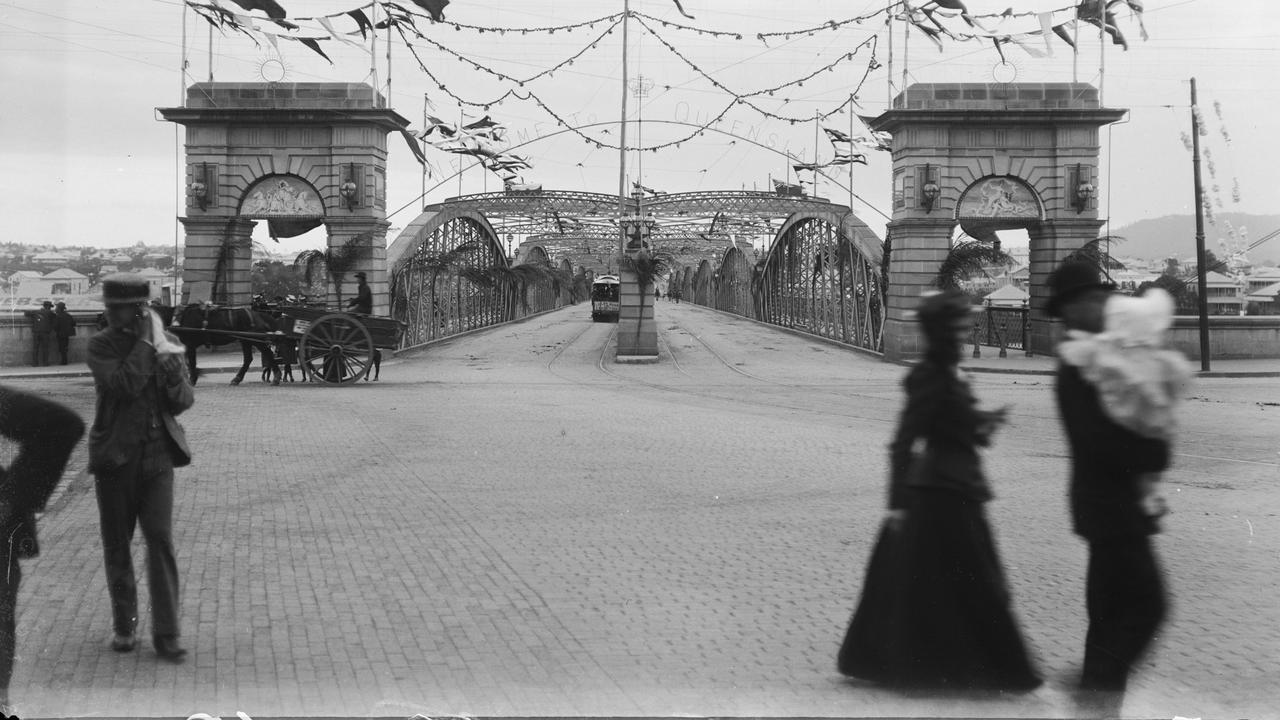

A splendid article, recently published in The Spectator UK, has announced the return of the young fogey, though not in the terms you might expect.